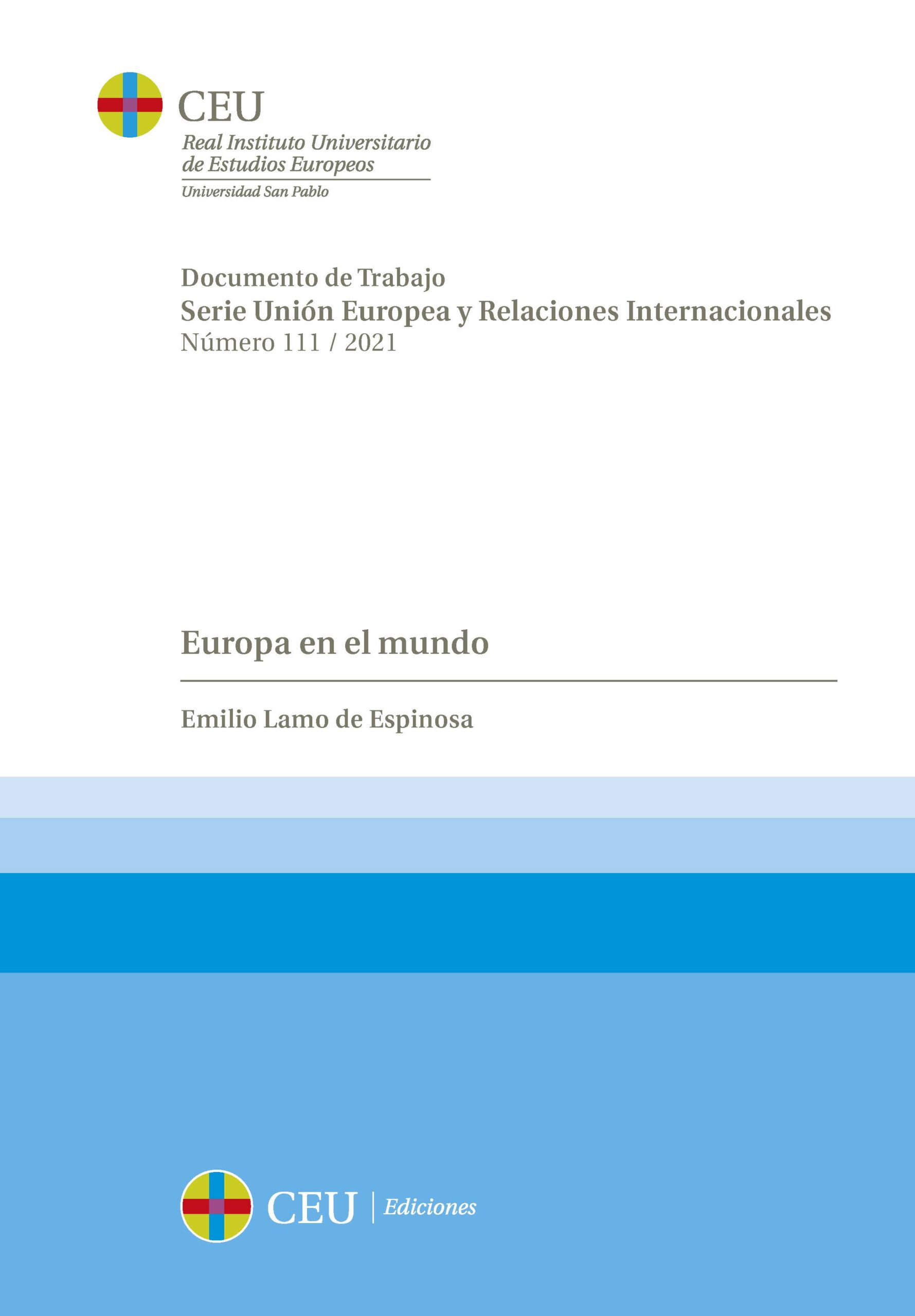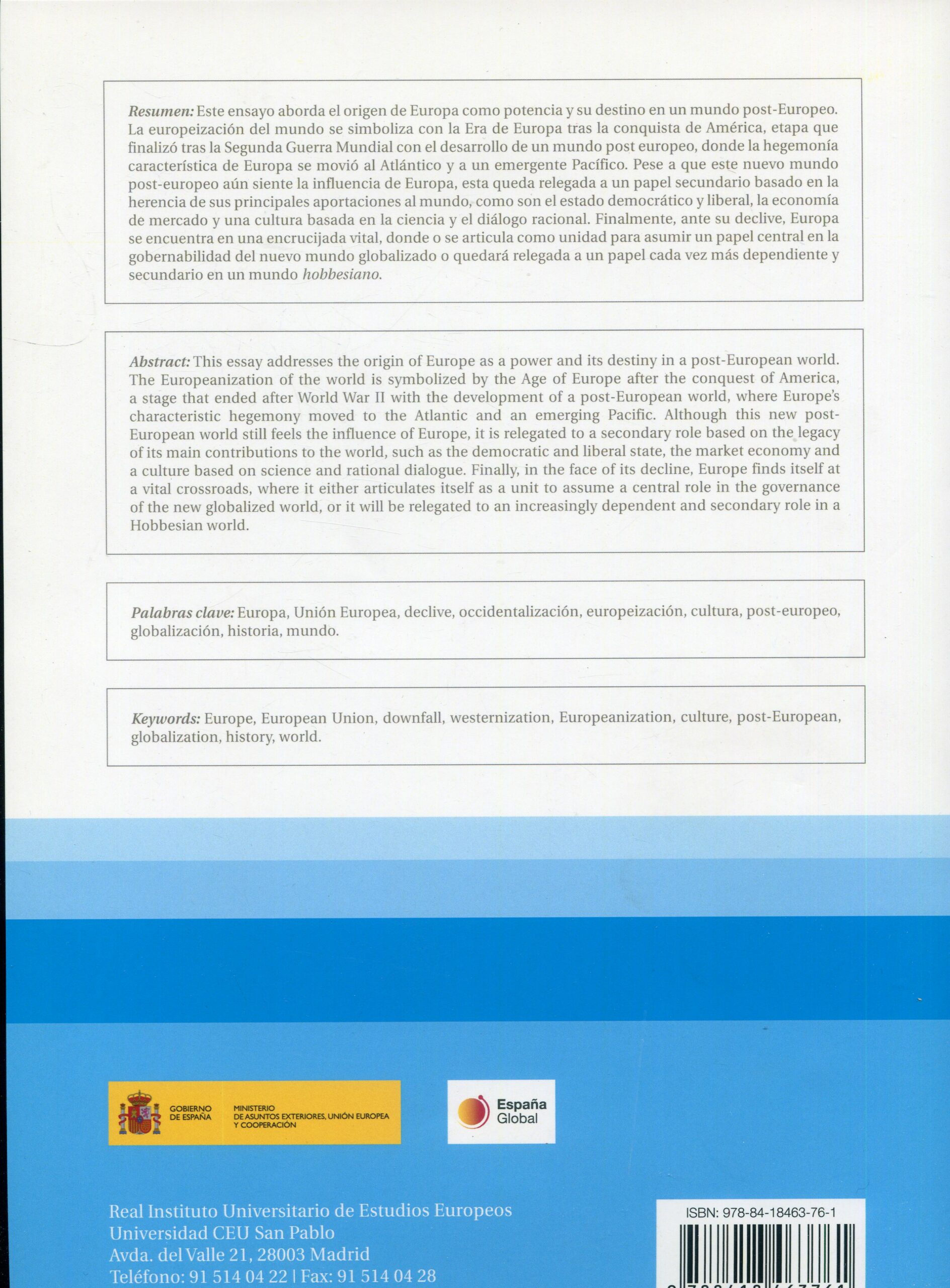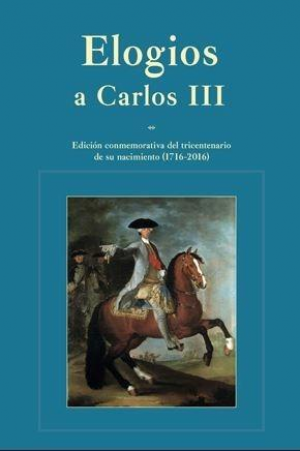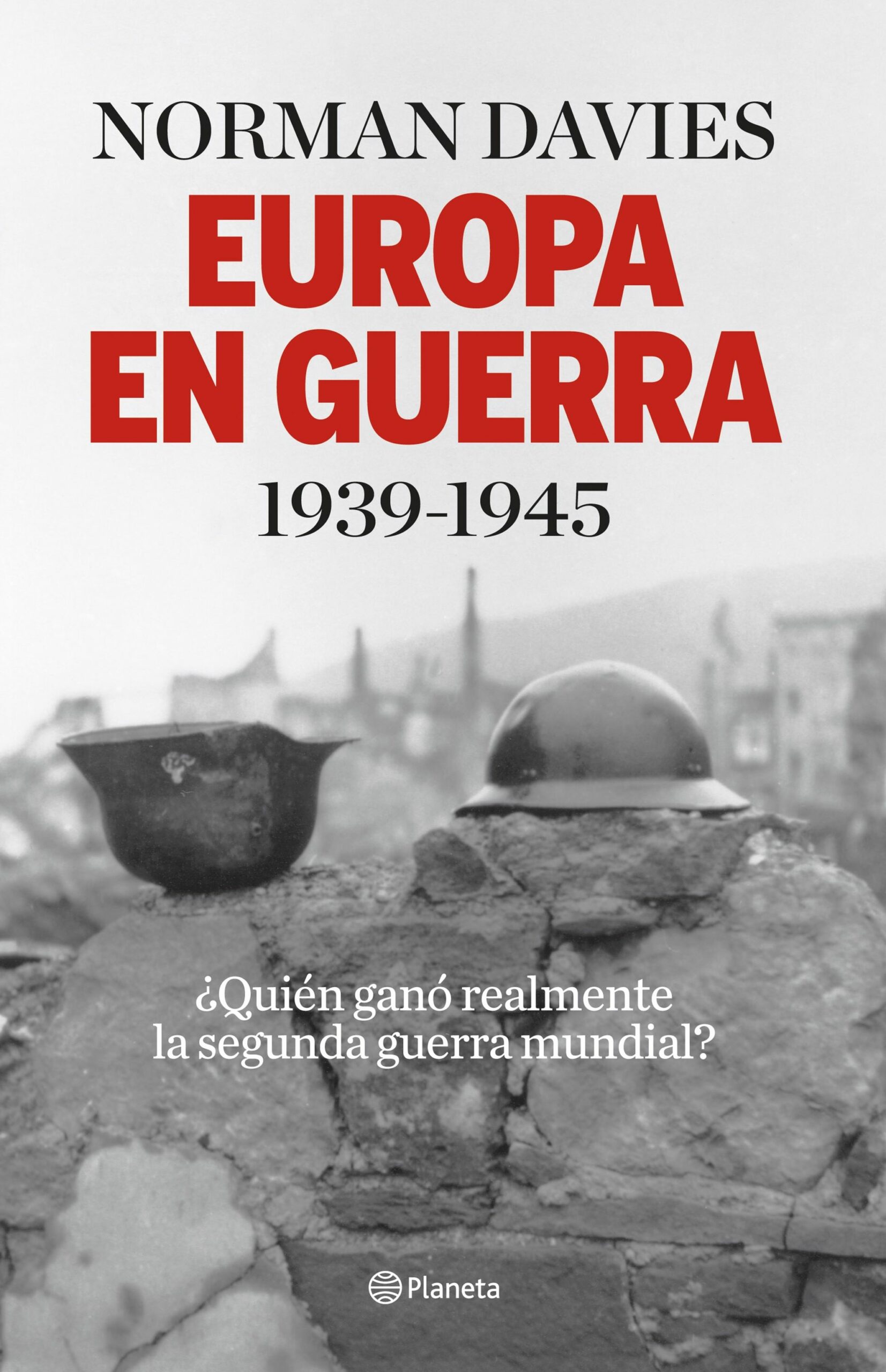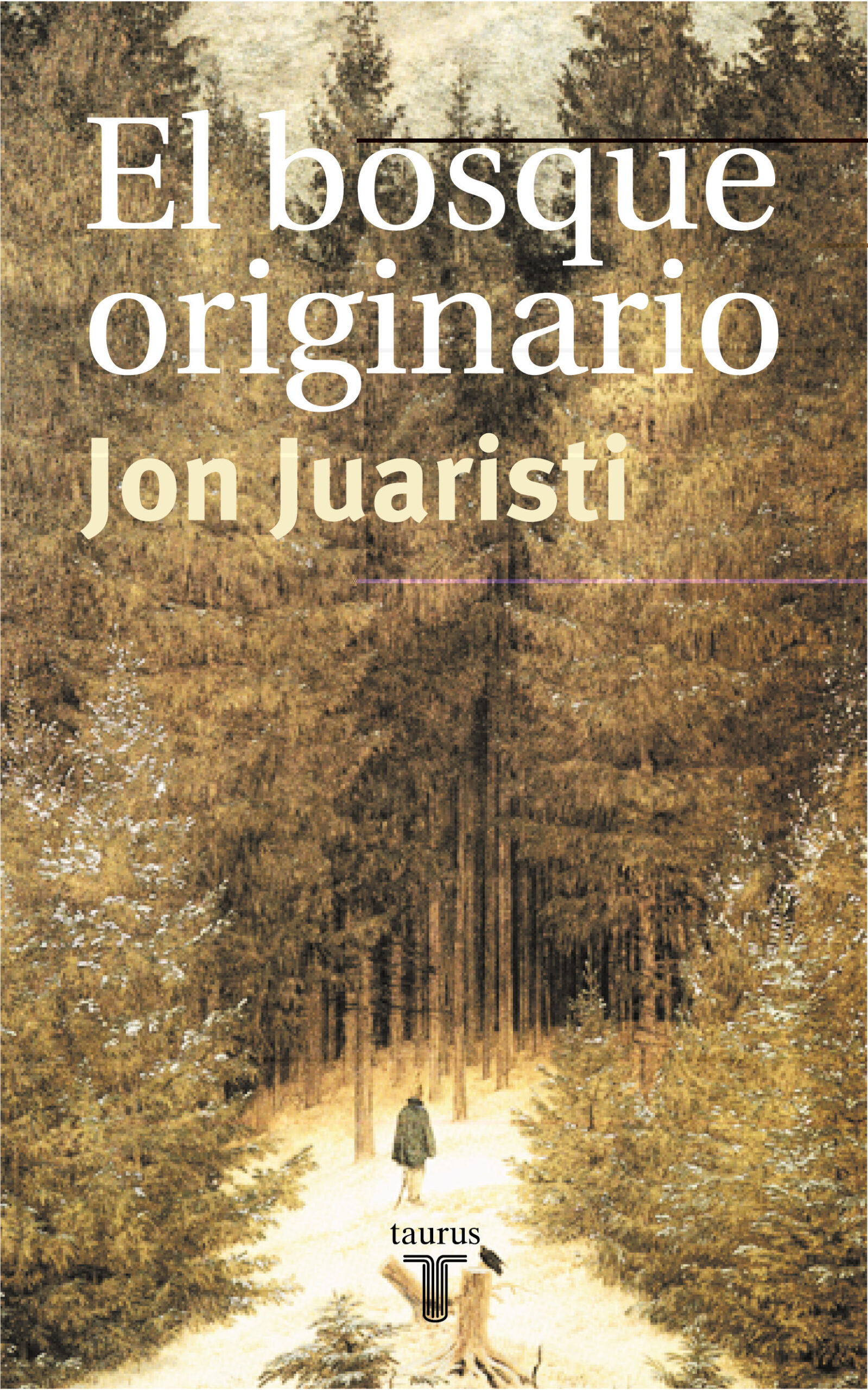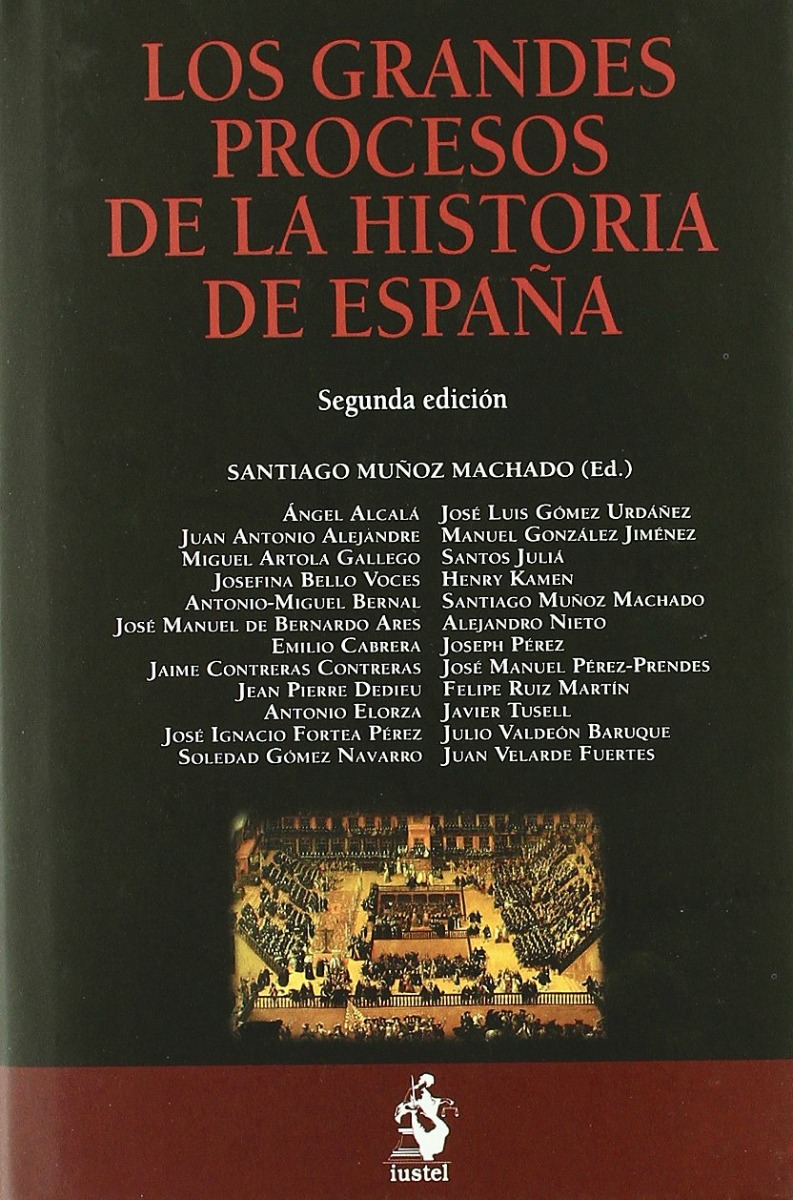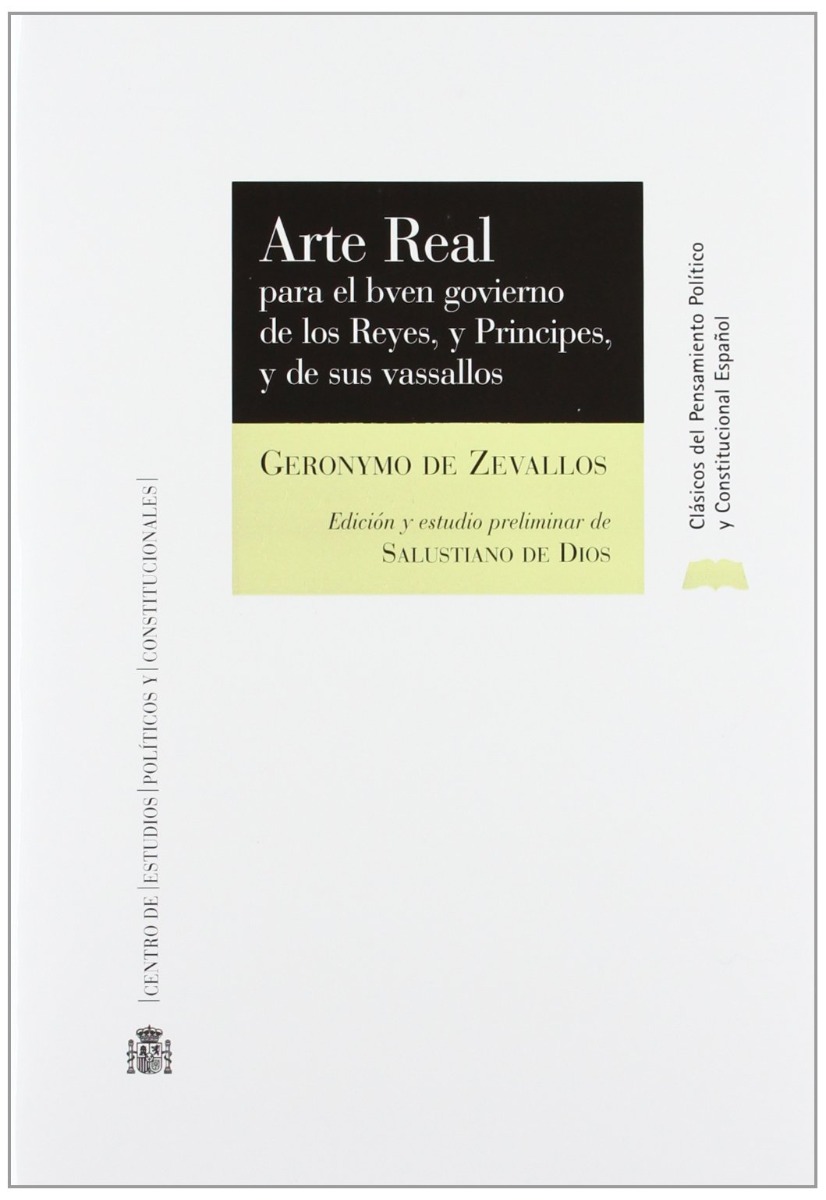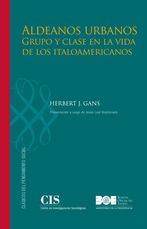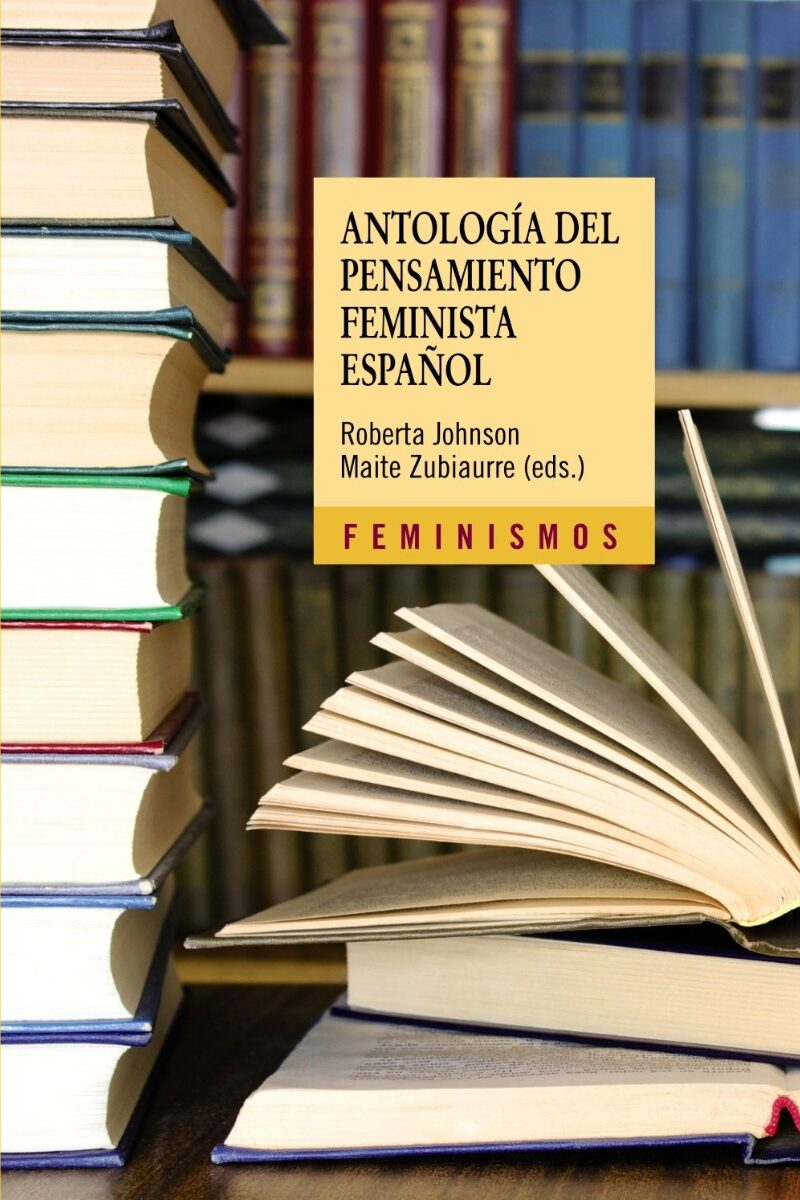Europa en el mundo
Este ensayo aborda el origen de Europa como potencia y su destino en un mundo post-Europeo. La europeización del mundo se simboliza con la Era de Europa tras la conquista de América, etapa que finalizó tras la Segunda Guerra Mundial con el desarrollo de un mundo post europeo, donde la hegemonía característica de Europa se movió al Atlántico y a un emergente Pacífico. Pese a que este nuevo mundo post-europeo aún siente la influencia de Europa, esta queda relegada a un papel secundario basado en la herencia de sus principales aportaciones al mundo, como son el estado democrático y liberal, la economía de mercado y una cultura basada en la ciencia y el diálogo racional. Finalmente, ante su declive, Europa se encuentra en una encrucijada vital, donde o se articula como unidad para asumir un papel central en la gobernabilidad del nuevo mundo globalizado o quedará relegada a un papel cada vez más dependiente y secundario en un mundo hobbesiano.
This essay addresses the origin of Europe as a power and its destiny in a post-European world. The Europeanization of the world is symbolized by the Age of Europe after the conquest of America, a stage that ended after World War II with the development of a post-European world, where Europe’s characteristic hegemony moved to the Atlantic and an emerging Pacific. Although this new post-European world still feels the influence of Europe, it is relegated to a secondary role based on the legacy of its main contributions to the world, such as the democratic and liberal state, the market economy and a culture based on science and rational dialogue. Finally, in the face of its decline, Europe finds itself at a vital crossroads, where it either articulates itself as a unit to assume a central role in the governance of the new globalized world, or it will be relegated to an increasingly dependent and secondary role in a Hobbesian world.

